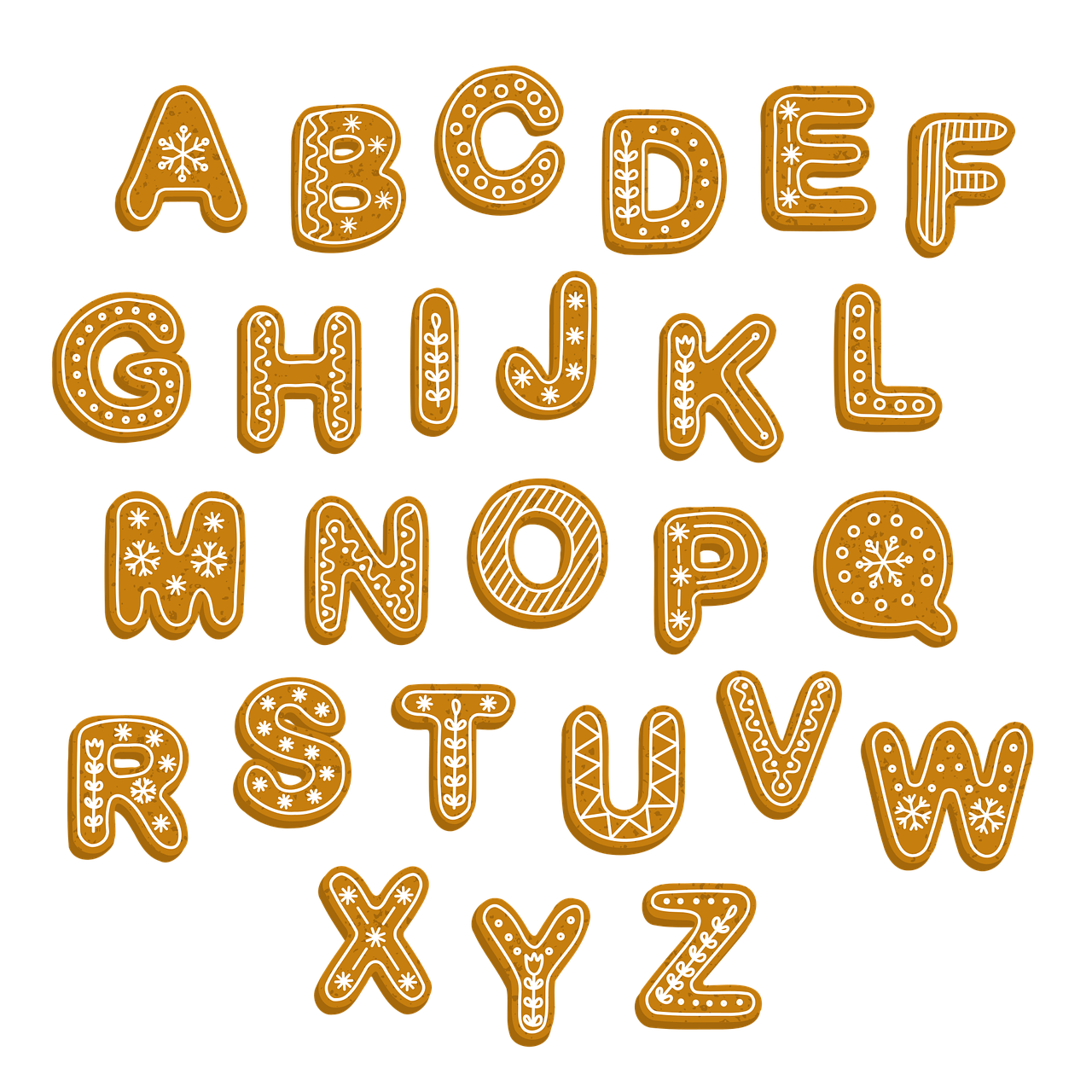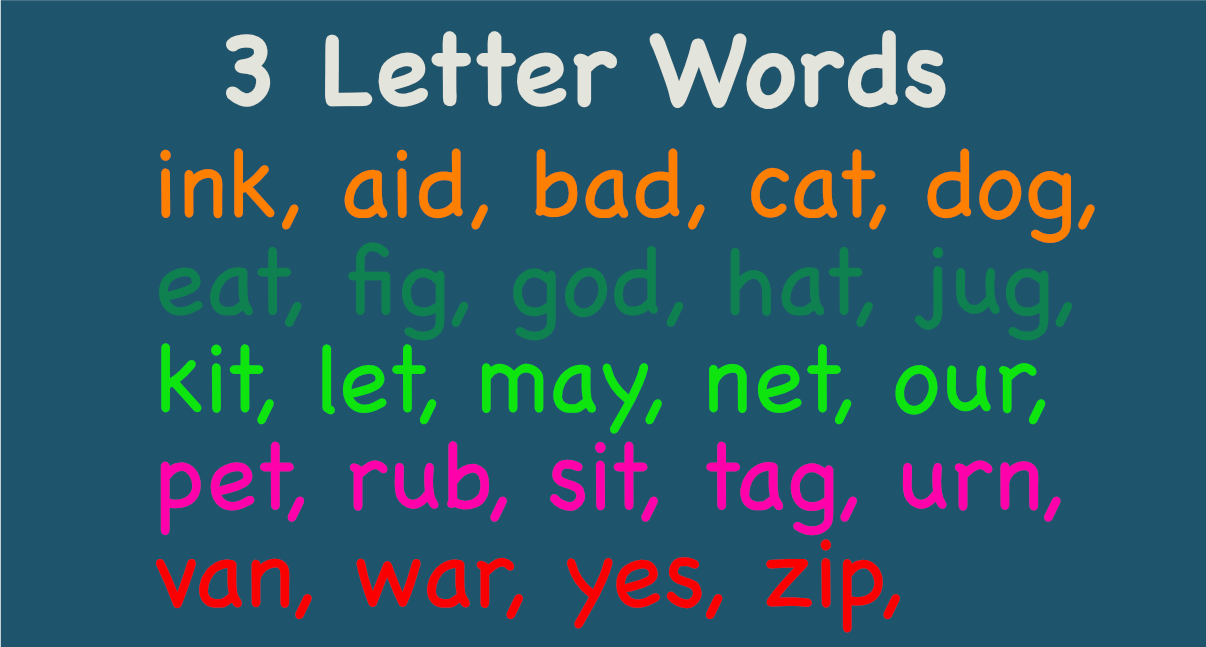
There are many milestones in child development when it comes to verbal skills. In this article, you will learn about the stages of child development verbal skills, communication milestones, and treatment options.
Listed below are the key milestones for each stage of child development. Once you’ve learned about these milestones, you can better understand the development of verbal skills in children.
Contents
- 1 Early Stages Of Child Development Verbal Skills
- 2 Vowels Are Easier Than Consonants
- 3 The Power Of Repetition
- 4 Communication Milestones
- 5 Children Don’t Reach Verbal Milestones at The Same Time
- 6 Verbal Skills at 12 Months
- 7 Verbal Skills At 3 Years
- 8 Verbal Skills at 8 Years
- 9 Signs That A Child Is Developing As Expected
- 10 When To See A Speech Pathologist
- 11 Treatment Options
- 12 Speech And Language Development Disorders
- 13 Speech-Language Therapy Can Correct Language Problems
- 14 Pay Attention to the Behaviour of Your Child
- 15 Speech Therapy
Early Stages Of Child Development Verbal Skills
The early stages of child development are characterized by a rapid increase in vocabulary. In addition, the child’s vocabulary develops intonation, an indication that he or she perceives speech production as individual words.
Vowels Are Easier Than Consonants
Vowels are more easily produced than consonants because they require no obstruction in the nasal or vocal tract. At this stage, children also start learning real words from their native language. They also develop their own vocabulary. As a result, they develop a vocabulary explosion or “vowel spurt”. The child will begin using utterances that are composed of single words with context.
While children vary widely in their verbal and speech development, they generally meet certain milestones by age five. Some may reach these milestones earlier than others. In addition, they may develop faster or slower in a specific area. It is best to consult a pediatrician if a child falls behind during a certain developmental stage.
In the early stages of child development, a child can understand simple words like “yes” or “no.” They can also follow simple instructions, such as “bounce,” “get your dinner,” “drink”, or “speak.”
At this stage, children are developing their own daily routines and beginning to anticipate common activities. They may also identify objects by name and bring them home when asked.
When a child reaches this stage, they will be able to say three words clearly. The words they know will often be accompanied by a familiar object’s name.
The Power Of Repetition
At this age, it’s also important to repeat words to your child. A child will start to imitate words that are familiar to him or her by using a combination of words and intonation.
The language skills that children acquire in the early stages of childhood will help them learn to read and write. These skills are a vital part of child development and the best way to encourage their development is to talk to them about their interests. Children will often indicate their interest by babbling, waving their arms, and using words.
Children also learn to listen to language and to understand its syntax. This development starts as early as birth. Babbling is an early example of language learning, but babies don’t learn to talk right away. They will imitate what they hear and adults will help them understand what is being said. This process is known as the pre-linguistic stage.
Communication Milestones
Communication milestones are important indicators of a child’s development. Some of these milestones relate to listening and understanding language, while others involve expressive language and social engagement.
Parents should watch for these milestones and seek help if their child fails to meet them. These milestones can be helpful for parents and teachers, as they can help children develop their communication skills.
Children Don’t Reach Verbal Milestones at The Same Time
Children differ in their speech and language development, but there is a common timeline for each age group. These milestones help doctors determine when children need extra help with language and communication skills. Some children may reach them earlier than others, and some may not reach them until much later. For example, communication milestones begin before a child speaks their first words.
Verbal Skills at 12 Months
At about 12 months, most children begin to say simple words. Then, they gradually develop more advanced skills, such as making sentences.
Children also reach milestones in moving and acting. Physical milestones, such as walking, may be reached between 9 and 12 months. Cognitive milestones, on the other hand, focus on how well a child can learn and think. They may learn to point at objects, repeat familiar songs, and use sentences with up to four words.
Communication milestones are vital for a child’s development. The first of these milestones relates to receptive communication. Infants learn to listen to language as a result of the nurturing relationships they develop with adults. As a result, they are able to understand words and their meanings.
Verbal Skills At 3 Years
By the age of three, babies begin to learn to identify familiar objects and people. They also learn to recognize and respond to facial expressions. By three and a half years, they may even begin to recognize basic words and phrases and learn to use two-part sentences.
Verbal Skills at 8 Years
By the age of eight, children may have a full vocabulary and understand basic grammar rules. By the time they reach these milestones, they will be ready to participate in adult-like conversations.
Speech and language skills are crucial for learning to read and write. Language skills are developed in the early years and continue through adolescence. Parents can encourage language development by talking to their child about their interests. Babbling and waving are important ways to show your child that you care about what they’re interested in.
Signs That A Child Is Developing As Expected
The first year of life is a critical time for verbal skills development. Babbling, saying “mama” and “dada,” and joining sounds in phrases and sentences are common signs that your child is nearing these milestones.
Typically, children begin talking around the age of 18 months and use 50 words or phrases by the end of their first year of life.
A toddler will listen to you describe the parts of their bodies and point them out when you name them. They will pick up on new words and phrases each week. This development is accompanied by a strong interest in the world around them. They will point to things, describe events, and gesture to convey their wants.
When To See A Speech Pathologist
If your child has difficulty using these skills, it is time to see a speech pathologist. Sometimes a child doesn’t have a clear cause, but early intervention can help them overcome these challenges. By following these tips, you can identify if your child is on track to develop the skills that they need to become a good listener and speaker.
By the time your child turns five, they will be talking in more complex sentences and using multiple types of sentence structure. They will also be able to use pronouns to express time and place. They will also start using words like ‘before,’ ‘after’, and ‘at the same time’.
Treatment Options
Treatment options for child development verbal skills vary, but in general the goal of therapy is to increase desired communication and decrease problematic behavior. These therapies involve systematic reward and reinforcement to help children learn new skills. For example, mnemonic strategies can help children remember important school facts. For instance, the word “HOMES” can trigger the names of the five great lakes.
Speech And Language Development Disorders
Speech and language development disorders are a serious issue for children, affecting one out of every 12 children in the United States.
If left untreated, these disorders can affect the child’s quality of life and cause frustration at home and school. RWJBarnabas Health speech-language pathologists are specially trained to diagnose and treat these disorders, helping children establish better communication skills and improve their quality of life.
Speech-Language Therapy Can Correct Language Problems
Most children require speech-language therapy to correct language problems. Common disorders include articulation disorders (problems in the way words are pronounced), fluency (stuttering), and resonance (problems with the pitch and quality of the child’s voice). Those with voice disorders may experience pain when speaking.
Children with language disorders should be closely monitored by teachers and parents. They may seem reserved in class or avoid talking. Parents should ask the teacher if this is the case.
Children may also need counseling to address behavioral or emotional issues. If left untreated, the condition may have long-term consequences, including depression in adulthood.
Pay Attention to the Behaviour of Your Child
Parents of nonspeaking children should pay close attention to their child’s behavior and interests when developing language skills. The process of reading requires the child to consciously analyze the composition of words and their meaning. The skills are called “metalinguistics” and are taught to children through systematic training programs.
Speech Therapy
Speech therapy is another treatment option for children with speech problems. It uses a variety of techniques including exercises and language cards. Using mirrors, the therapist can help children make sounds by modeling them in front of a mirror.
The exercises also help strengthen the diaphragm and abdominal muscles, which are critical for controlling breath. In addition, children are taught to hold their chin while opening and closing their mouth.
Speech language pathologists can help diagnose childhood apraxia of speech. These specialists have extensive training and skills in treating speech disorders. Speech pathologists can assess the child’s voice, oral-motor skills, and intonation. The goal of speech-language pathologists is to improve the child’s ability to understand and speak.



